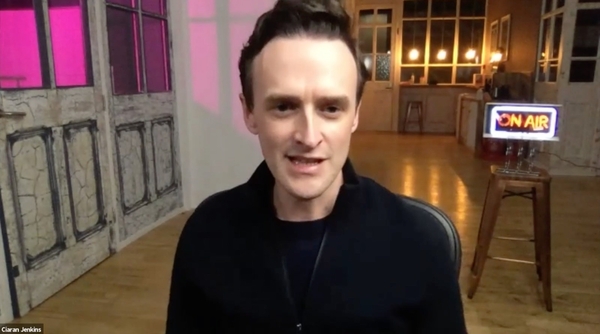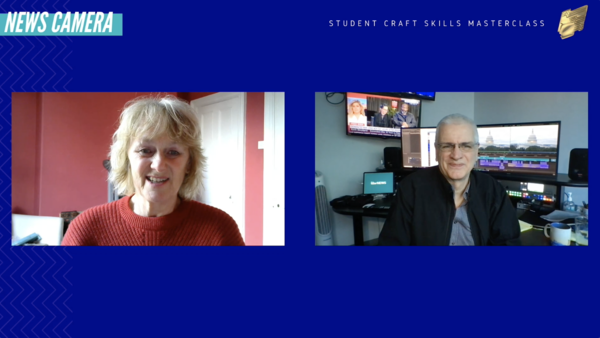How to network without worry
“I’ve always avoided the idea of networking like the plague, so the fact that I’m on this panel is quite wild,” admitted Jasmine Dotiwala.
She currently works for Netflix UK’s editorial and publishing team, and has more than 25 years’ experience in TV, including stints at Channel 4 News and MTV.
Dotiwala advised: “Stop thinking about it as networking… it’s about making it fun and palatable for you.
“It’s an old cliché – they say your network is your net worth…. I really now get that.



